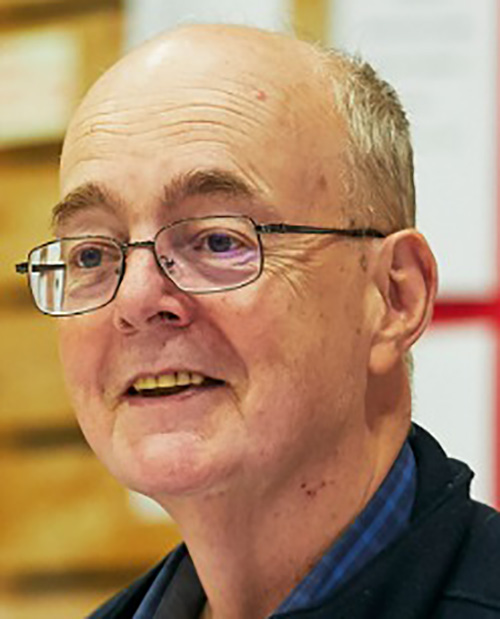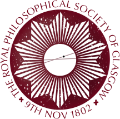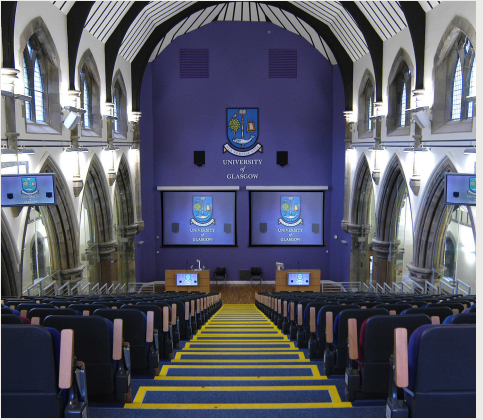
State of Play
The extraordinary impact of Mr Bates vs the Post Office demonstrates the continuing power of drama to address the parts that campaigning journalism can’t always reach. In addition to television documentary dramas like Who Bombed Birmingham? and Cathy Come Home, stage shows from Love on the Dole and Oh, What a Lovely War to the fact-based political theatre of this century have exposed injustice and changed our view of the world. Playwright David Edgar has been writing political plays since the early 1970s, and seen British theatre change from being predominantly a site of revivals of an accepted theatrical canon to – now – an industry dominated by new plays, many on political themes. He charts how and why that change has happened over the 53 years of his own career, and stoutly defends the role of the individual playwright’s voice in the transformation.

